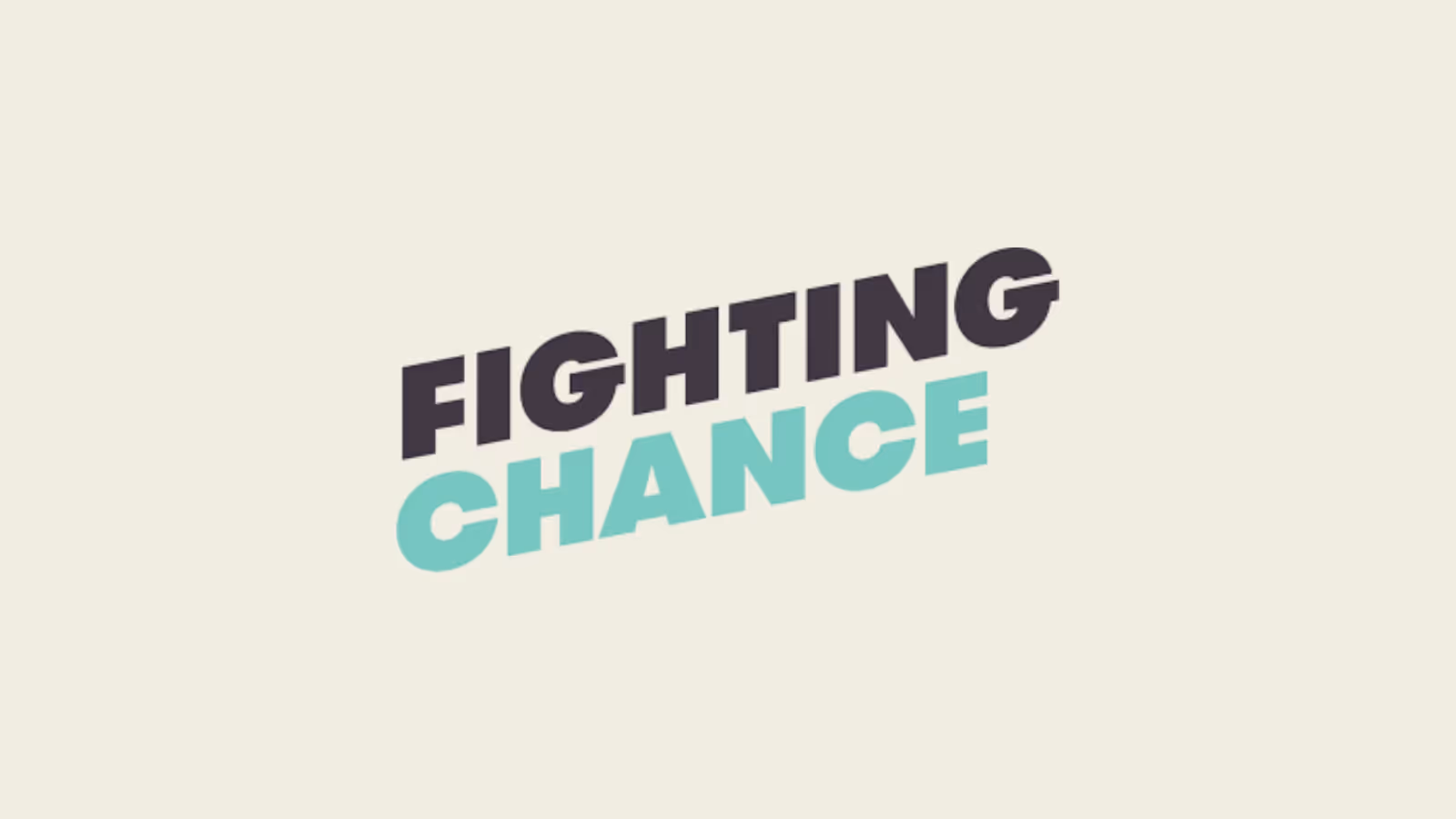Poor Organisational Change Management
Poor change management fuels stress. Learn how to manage organisational change hazards with Foremind.

Organisational change management that is poorly planned, communicated, supported or managed.
Change management refers to how organisations manage, communicate and allow for consultative feedback as part of change management process. In the modern way of working change is a constant, with workers expected to adapt, learn new skills and process constantly.
Change management that doesn’t consider the impact on workers, in collaboration with other risks such as job demands and support could be considered a psychosocial hazard.
Poor organisational change management can lead to a number of psychosocial hazards, including stress, anxiety, frustration, fear, loss of control and fear among other negative outcomes.
Let’s Look at an Example
Steve works as a delivery driver, working shift work in evenings and weekends. His company decides to implement a new delivery tracking and monitoring system with limited consultation with workers.
The new system has many bugs which are able to be troubleshooted by the IT support team during the week, however there is no support made available during the off-peak hours.
Steve is late for all his deliveries and is exposed to aggression and yelling from customers who are unhappy with the delays.
Consequences of Poor Change Management For Employees
The consequences of poor organisational change management can be serious, both for individuals and for organisations.
Individuals who are exposed to psychosocial hazards at work are more likely to experience mental and physical health problems, such as stress, anxiety, depression, and heart disease.
Organisations that do not effectively manage psychosocial hazards are more likely to experience decreased productivity, increased absenteeism, and increased turnover.
How To Reduce The Risk Of Poor Change Management
There are a number of control measures that can be used to reduce the risks associated with poor organisational change management. These include:
Consulting with workers
Workers should be consulted about any proposed changes to their work. This will help to ensure that changes are made in a way that is fair and reasonable, and that workers are able to adapt to the changes.
Providing training
Workers should be provided with training on how to cope with change. This training can help workers to understand the reasons for the change, and to develop coping strategies.
Providing support
Workers who are struggling to cope with change should be provided with support. This support can come from managers, colleagues, or a professional counsellor.
The best way to prevent the risks associated with poor organisational change management is to plan for change in a way that is inclusive, fair, and reasonable.
This will help to ensure that workers are able to adapt to change, and that the risks of psychosocial hazards are minimized.
Poor organisational change management can have a significant impact on the health and safety of workers.
By taking steps to consult with workers, provide training, and provide support, organisations can help to reduce the risks associated with change and promote a healthy and safe workplace.

Hello 👋 I’m Joel the founder of Foremind.
Are you ready for simplified support & compliance?
Latest insights
Answers to the frequently asked questions.
Still have questions?
Email us at enquiries@foremind.com.au and we'll get back to you quickly with a response
Yes, we have culturally competent counsellors available, including those able to work with first nation and CALD employees.
Onshore on secure AWS Servers in Sydney Australia. All data is encrypted in transit and at rest and our entire team is located in Australia.
Employees can access our platform on any device (mobile, laptop, desktop, etc.) as long you have the website link - no need to download any app on devices. You wouldn’t need to enrol any of your staff individually.- When we do our onboarding, we ask for the first name, last name and email of all your employees, and send out an email invite to all them which will allow them to create their own individual account to access the platform. For new staff we can also invite them or provide you with a unique link to embed in your onboarding process, whichever is more convenient for you. We also kick things off with a launch webinar or video to make sure everyone is aware of Foremind and how to use it. We’ll also provide you with any collateral such as posters, QR codes, brochures etc. to help drive awareness and encourage people to create an account in the platform.
The support line is answered by our reception service 24/7. It is for urgent platform or session-related issues only (e.g. *“My counsellor didn’t show”*) or helping staff create an account.





